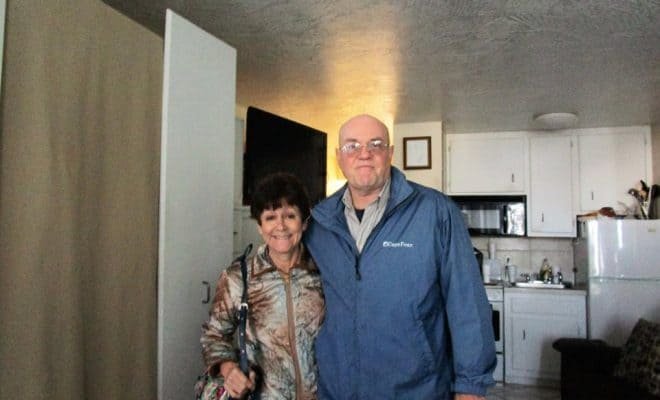No More Flowers

Hospitals are not always a fun place to be. Visitors liven the place up and make a sterile room more welcoming. As a bedside nurse with 10 years of experience, I witness a plethora of gifts for patients and see how presents elevate the spirit of the sick. Flowers are among the top choice for guests making a get-well-soon social call.
Plants bring vibrant life to a patient’s room. Flora transports health risks for individuals in a healthcare setting. Nurses enforce an administrative rule of no vegetation in patient rooms. Flowers remain at the front desk until a family member takes them or the patient discharges from the facility.
Blossoms are not welcome in the hospital because of many factors.
- Allergies: Pollen is an allergen that can cause asthma or respiratory illness exacerbations. Inserting pollen into a patient’s environment might jeopardize recovery.
- Mold spores: Plants contain spores that are hazardous to immunocompromised persons. When an individual receiving cancer treatment breathes in spores, their lungs become infected and spread to the rest of the body.
- Water-borne organisms: Bacteria and fungi live in plant water and can be transported to the patient’s bedside. Contagions could spread to other spaces and infect others.
Presents that increase rest, relaxation, and healing include:
- Posters and cards carry a bit of home into the patient’s room. Days after a family visit, those stuck in the hospital are eager to show nurses the new greetings.
- Personal hygiene items that the patient prefers. Hospital stock is generic and is one brand for all. Patient comfort and personal preference are not a priority when hospitals restock inventory. to try would be a costly and unattainable feet. Giving loved ones something familiar helps soothe the soul. Bath time is not pleasant when multiple tubes protrude from the body and any stimulation is painful. When patients have their own personal favorite shampoos and soaps, some nurses make showers feel like spa days.
- Non-skid slippers are ideal because not everyone gets to plan a trip to the hospital and think about packing these. It is sometimes challenging to put shoes on and take them off every time a bathroom trip is needed. Feet often swell during prolonged hospital stays due to immobility and fluid retention. Slippers accommodate this change in foot size.
- Comfortable non-skid socks. The utmost importance here is non-skid socks. Walking around the hospital with regular socks creates a high fall risk. Hospitals have limited sizes. Presenting well-fitted and comfy non-skid socks keeps the family member safe and warm.
- Sleep masks are great because hospitals are never in complete darkness. Ambient light from monitors, poles, signs, and hallways are needed to keep everyone safe. It makes sleeping challenging. The intensive care unit is bright at night because most walls are glass with only a curtain to allow the nurse continuous monitoring of the critical patient.
- Earplugs help dampen the constant hospital noise, including pumps, alarms, staff members, neighbors, and overhead announcements. Promoting sleep in a healing space provides rest and relaxation.
- White noise machines help drown out hospital noises. For some, ambient sounds can help regulate the circadian rhythm by inducing a deeper and more solid sleep. Where I work, these are beneficial enough that the hospital installs a white noise machine in every patient room in the intensive care unit.
- Books or activities allow the patients to escape hospital walls in their minds. People complain of boredom when they cannot leave their assigned rooms. Paperbacks offer entertainment and excitement.
- Journals encourage positive outlets of emotions, feelings, burdens, and the struggles of being ill. Many different types of journals are beneficial.
Flowers are not welcome at hospitals because of adverse health risks to those admitted to the hospital. Gifts that do not pose a hazard and promote therapeutic effects include cards, personal hygiene items, comfortable footwear, and items that promote sleep such as eye masks, earplugs, and white noise machines.
Visitors want to support sick family and friends. Guests can encourage and assist in the healing process by being intentional in the gifts they bring loved ones. Think about what this distinct person needs at this time and how to strengthen them.
Editor: Michelle Naragon










